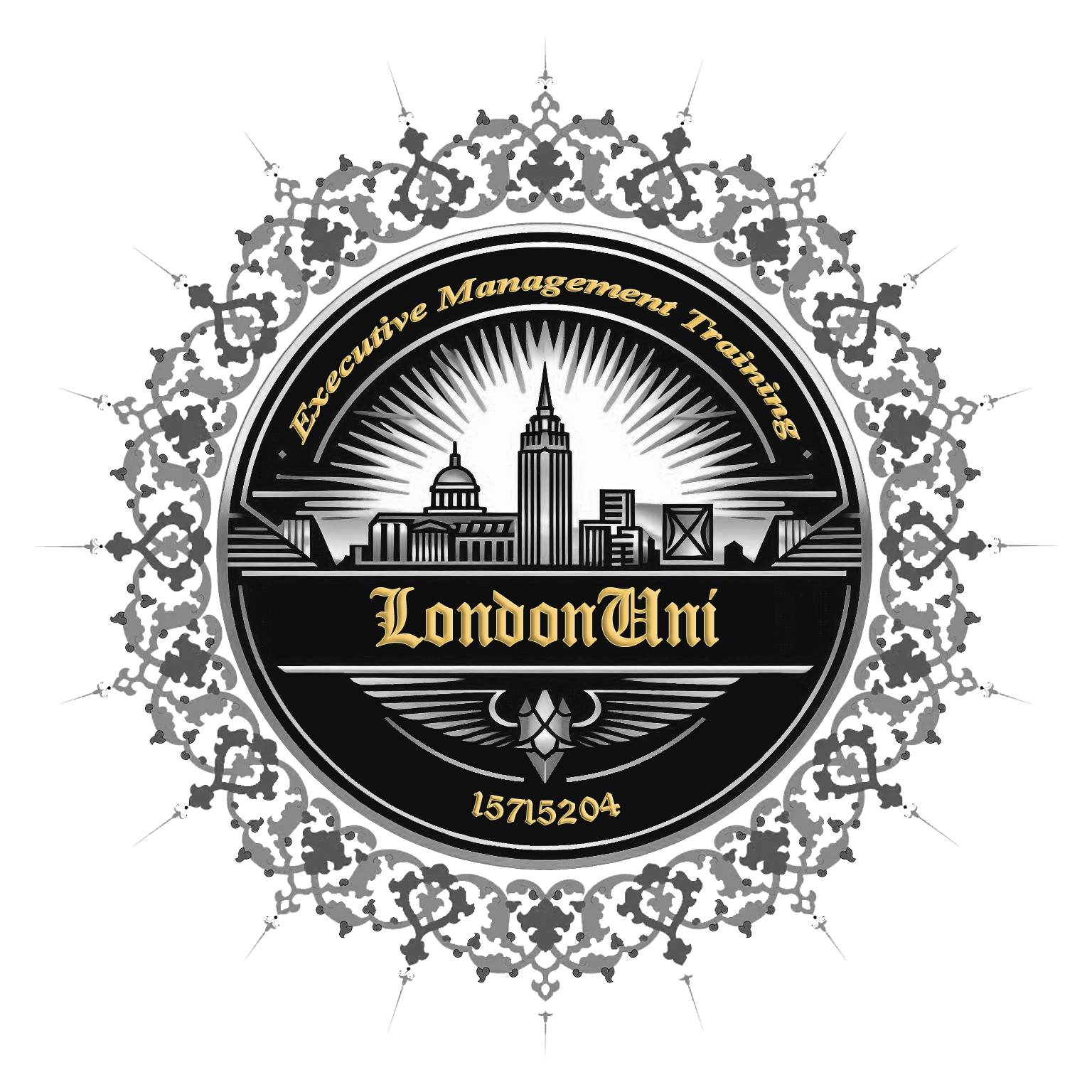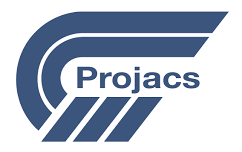
Strategic Planning, Decision Making and Management Skills
Course ID: 2509014501257EGI
Course Dates : 01/09/25 Course Duration : 5 Studying Day/s Course Location: Istanbul, Turkey
Language: Bilingual
Course Category: Professional and CPD Training Programs
Course Subcategories: Leadership and Management Excellence
Course Certified By: * Projacs Academy
* Professional Training and CPD Programs
Certification Will Be Issued From :
KSA
Course Fees: £3,424.06
Vat Not Included in the price. VAT may vary depending on the country where the course or workshop is held.
Click to Pay
Date has passed please contact us Sales@e-s-hub.com
Course Information
Introduction
Strategic planning, decision making, and management skills are the cornerstones of effective leadership in any organization. These competencies enable professionals to navigate complex challenges, align resources with goals, and drive sustainable growth. In an era marked by rapid technological advancements, shifting market dynamics, and evolving customer expectations, the ability to think strategically and make informed decisions has become more critical than ever. Organizations that fail to prioritize these skills often struggle with inefficiencies, misaligned objectives, and missed opportunities for innovation.
One of the key challenges faced by professionals today is the gap between theoretical knowledge and practical application. While many individuals possess foundational understanding of strategic planning frameworks such as SWOT analysis, PESTLE analysis, or Porter’s Five Forces, they often lack the tools to translate these concepts into actionable plans. Similarly, decision-making processes can be hindered by cognitive biases, incomplete data, or ineffective communication. This course addresses these gaps by equipping participants with both the theoretical grounding and hands-on techniques needed to excel in their roles.
The benefits of mastering strategic planning and decision-making extend beyond individual career advancement. For organizations, having leaders who can anticipate trends, allocate resources effectively, and foster a culture of accountability can lead to improved performance and competitive advantage. A notable example is the turnaround story of IBM in the 1990s, where strategic foresight and decisive action transformed the company from near bankruptcy to a global leader in technology solutions. Such success stories underscore the transformative power of well-executed strategic initiatives.
This course draws on established theories and frameworks to provide participants with a robust foundation. Concepts such as the Balanced Scorecard, scenario planning, and Vroom-Yetton decision model will be explored to demonstrate how theory informs practice. Additionally, insights from behavioral economics and neuroscience will shed light on how human factors influence decision-making processes. By integrating these perspectives, the course offers a holistic approach to developing strategic acumen and managerial excellence.
Real-world applications of the course material abound across industries. Consider the case of Tesla, which leveraged strategic planning to disrupt the automotive sector through electric vehicles and renewable energy solutions. Similarly, healthcare organizations have used strategic frameworks to optimize resource allocation during pandemics, ensuring patient care while managing operational constraints. These examples highlight the versatility and relevance of the skills taught in this program.
Ultimately, this course is designed to empower participants to become catalysts for change within their organizations. Whether leading small teams or steering large enterprises, attendees will gain the confidence and capability to tackle ambiguity, inspire collaboration, and deliver measurable results. By bridging the gap between strategy formulation and execution, this training fosters a mindset of continuous improvement and adaptability—a prerequisite for success in today’s dynamic business environment.
Objectives
By attending this course, participants will be able to:
Analyze organizational environments using tools like SWOT and PESTLE to identify opportunities and threats.
Evaluate alternative strategies and select optimal courses of action based on risk assessment and stakeholder impact.
Design comprehensive strategic plans aligned with organizational vision, mission, and long-term objectives.
Implement decision-making models (e.g., Vroom-Yetton) to enhance group collaboration and efficiency.
Apply principles of change management to overcome resistance and ensure smooth implementation of strategic initiatives.
Assess performance metrics and adjust strategies dynamically to respond to emerging challenges.
Synthesize insights from industry trends and competitor analysis to inform innovative approaches to problem-solving.
Who Should Attend?
This course is ideal for:
Mid-to-senior-level managers seeking to refine their strategic thinking and leadership capabilities.
Team leaders responsible for guiding cross-functional projects and driving organizational outcomes.
Consultants and advisors tasked with helping clients achieve strategic alignment and operational excellence.
Entrepreneurs looking to scale their businesses through structured planning and execution.
HR professionals involved in talent development and organizational transformation efforts.
Training Method
• Pre-assessment
• Live group instruction
• Use of real-world examples, case studies and exercises
• Interactive participation and discussion
• Power point presentation, LCD and flip chart
• Group activities and tests
• Each participant receives a 7” Tablet containing a copy of the presentation, slides and handouts
• Post-assessment
Program Support
This program is supported by:
* Interactive discussions
* Role-play
* Case studies and highlight the techniques available to the participants.
Daily Agenda
The course agenda will be as follows:
• Technical Session 08.30-10.00 am
• Coffee Break 10.00-10.15 am
• Technical Session 10.15-12.15 noon
• Coffee Break 12.15-12.45 pm
• Technical Session 12.45-02.30 pm
• Course Ends 02.30 pm
Course Outlines
Foundations of Strategic Planning
Introduction to Strategic Planning Frameworks (SWOT, PESTLE, Balanced Scorecard).
Understanding Organizational Vision, Mission, and Values.
Conducting Environmental Scans and Competitive Analysis.
Identifying Key Performance Indicators (KPIs) for Strategy Alignment.
Day 2:
Advanced Decision-Making Techniques
Cognitive Biases and Their Impact on Decision Making.
Applying Decision Models (Vroom-Yetton, Cynefin Framework).
Data-Driven Decision Making Using Analytics Tools.
Facilitating Group Decisions and Managing Conflict.
Day 3:
Implementation and Execution
Translating Strategic Plans into Actionable Goals.
Resource Allocation and Budgeting for Strategic Initiatives.
Building Accountability Structures and Monitoring Progress.
Overcoming Barriers to Implementation Through Change Management.
Day 4:
Leadership and Collaboration
Developing Leadership Skills for Strategic Execution.
Fostering a Culture of Innovation and Continuous Improvement.
Enhancing Communication Strategies for Stakeholder Engagement.
Motivating Teams to Achieve Strategic Objectives.
Day 5:
Evaluation and Adaptation
Measuring Success: Evaluating Outcomes Against KPIs.
Adapting Strategies in Response to Market Changes.
Learning from Failures and Iterating for Future Success.
Creating a Roadmap for Ongoing Strategic Development.



















































